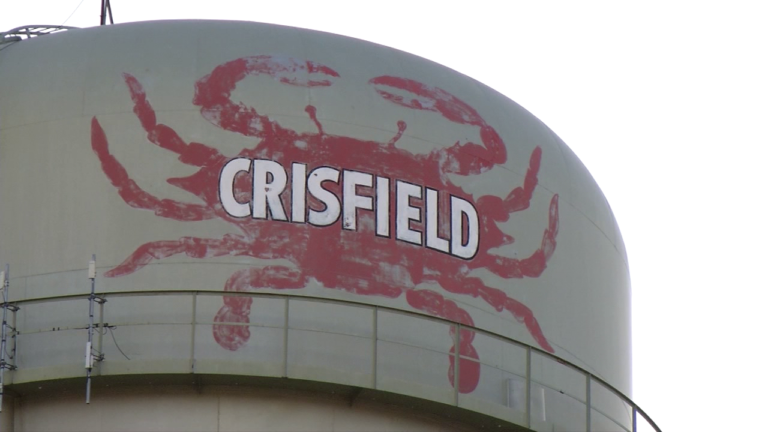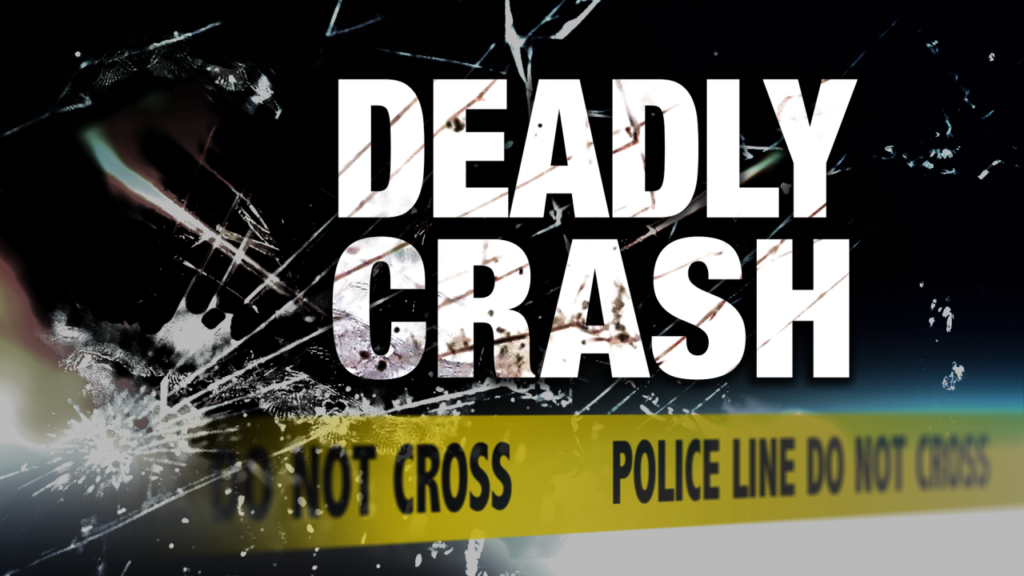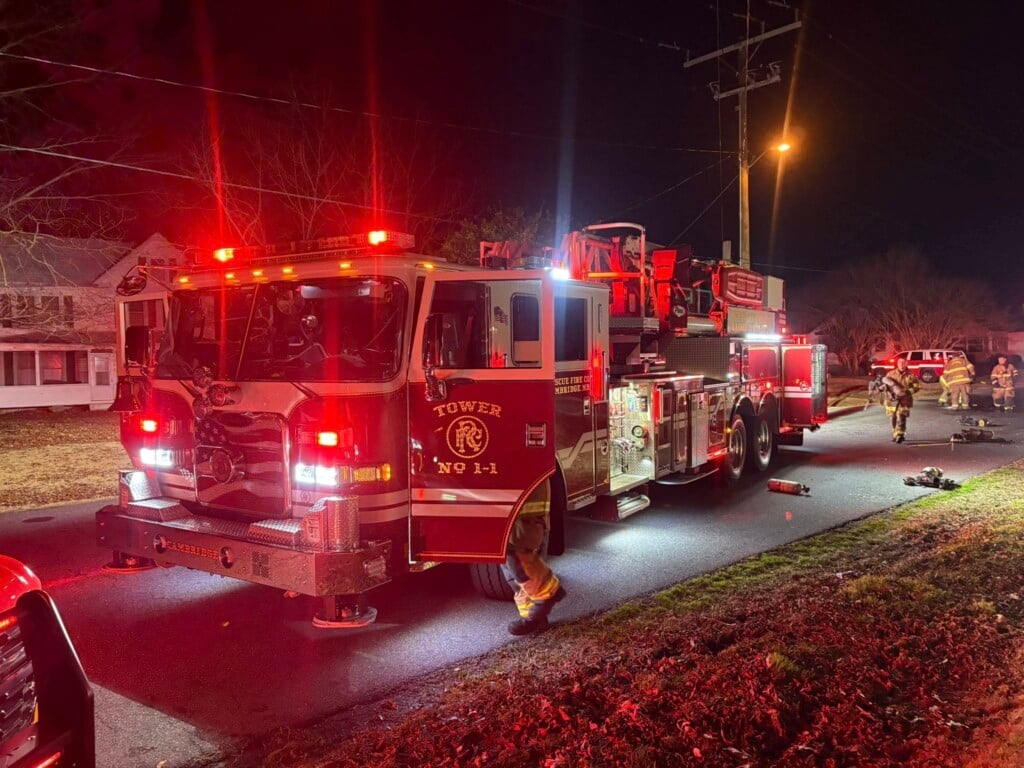Police asking for community help in struggle against opioids

The City of Crisfield has fallen victim to the opioid crisis that has gripped much of the eastern shore. On Wednesday the police department held a public meeting to discuss how the community can help fight the epidemic.
In the past three months, Crisfield has seen nine opioid-related overdoses, compared to two in the first six months of 2017.
Narcan was used 16 times in those cases, resulting in one death, the only one of 2017 in Crisfield.
"It's a travesty. And we have to do something about it and we have to take steps as a community. We can't arrest this problem away, we've tried it we just can't do that," said Police Chief Michael Tabor.
Crisfield has seen a spike in overdoses related to opioids in the last three months. Fortunately, officers here were trained three months before that on how to use narcan, a step that has saved lives.
"Thank god for the narcan, or we would have an awful amount of deaths," said Tabor.
To add to the problem, Tabor says the intensity of the fentanyl laced in heroin has risen.
"What we've found out recently was that more fentanyl is being used in some of the drugs so more narcan needs to be used."
In a packet distributed to residents, a contact form to send to police to report suspicious activity was included. Police say they may not catch up with those involved reported drug deals, but it can lead to increased surveillance and arrests down the road.
One unidentified resident was not optimistic about the road ahead, saying there is no way of getting rid of drugs, adding the police force is so small that they cant possibly fight it successfully.
They go on to say the lack of employment and direction of individuals help fuel the fire, concluding that locals are afraid to speak up.
"As one of the towns people in there said a lot of people live by them self or they're elderly, there's a gigantic elderly population in this town. They're afraid they don't want to say anything."
But Chief Tabor says the department is there to try to get people help.
"We want to get these people treated, we want to get them off the street, we want to get them the help they want and the bottom line is we want to report to arrest as a last ditch effort."
Included in the packet was a letter from Chief Tabor to Governor Larry Hogan addressing the change in bail laws and how it affects his department's efforts in addressing this epidemic. He says this allows drug dealers who should be incarcerated out of jail on extremely low bails to return to the streets to deal laced heroin. Tabor goes on to say because of this the State of Maryland has and will continue to see dramatic increase in the overdose death rate.


